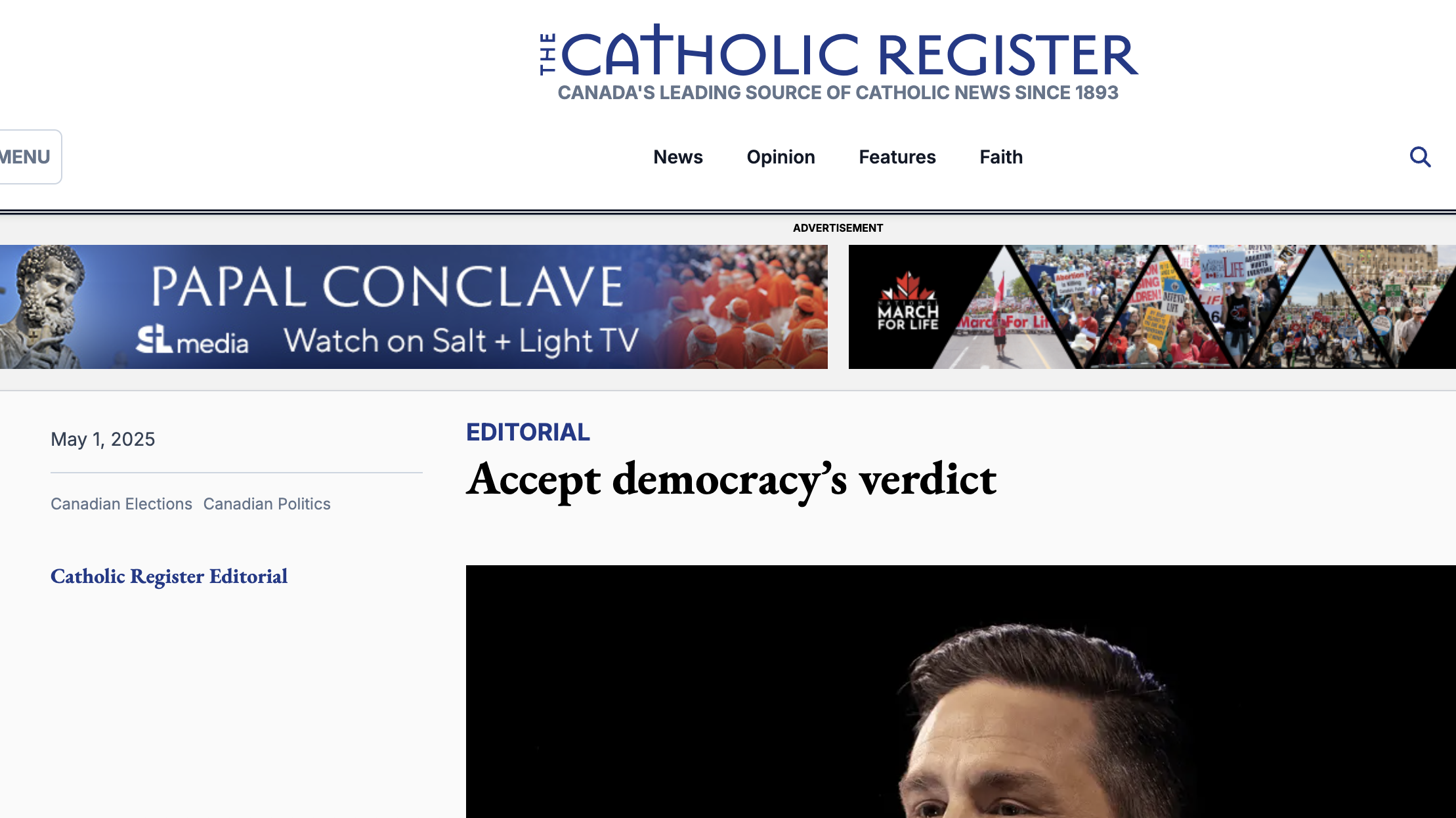Bloomberg: At the same time as European voters from Hungary to Italy have been lured by nationalism and skepticism of the EU, voters in Estonia still back the mainstream parties. Domestic issues still dominate. Kaja Kallas has indicated her reluctance to form a coalition with EKRE, as have others. This reduces the possibility of serious, issue by issue bargaining with possible government partners. Every one wants a place in the cabinet.
BBC: The Estonian election was a win for liberal/conservative parties. It's likely that Estonian as the language of instruction in schools will be implemented. Reform's victory was a surprise because one month ago popularity polls indicated a win for Center. Mihhail Kõlvart, the Centre's vice-president, blamed the low turnout of the Russian speaking voter and that Center, as the leader in the government coalition had been able to shift tax payments to a more progressive position. While Reform's win, according to the party itself was mainly due to its economic program, the party also stressed its promise of adapting Estonian as the language of the education system. EKRE feels it will be invited to join a coalition government, in spite of the initial denial of this by the other parties.
Swedish media did not focus on policy issues but covered the activity at polling stations with interviews with voters.
All large Finnish media outlets covered the elections. The rise in popularity of the ‘populist far right' party, EKRE, received special attention due to its sister party in Finland – Perussuomalaiste. The Finns noted that migration was an election issue even though refugees do not consider Estonia a popular destination for asylum. Finnish media stated that EKRE's rise in support came from rural areas especially the ones suffering from unemployment. The Tuglas Society in Finland, a historical cultural Estonian institution emphasized that it was Reform’s insistence of Estonian as the language of instruction in schools that brought the party its victory.
The observations of the Finnish media are perhaps the most relevant of all foreign commentary, because of its geographical proximity and day-to-day witnessing of Estonian issues. It suggested that the question of women's participation in Estonian politics has not been stressed. Gender equality has not been addressed. The Finns remark that Reform's success can perhaps be tied to its leader Kaja Kallas' youth combined with her political experience that brought the women's vote to the party.
The Finnish media questioned the lack of debate about environmental issues which had little impact in the campaigns. The Finns concluded that oil shale mining in ida-Virumaa determines the level of employment there and no political party would take on the wrath of the Russian speaking worker.
The Finns predicted that the steady economic growth and general stability will be maintained no matter who forms the government. Probably some changes in taxation policy will be implemented. In general, the Finns said, the Nordic model of a socially benevolent state will be an eventuality for Estonia.
The Finns have implemented e-voting, but only at polling stations. They note that the success of this electronic alternative in Estonia is possible due to Estonia's advances in e-governance and its implementation in most other services. This makes e-voting all the more likely to be used and authorities confident in its reliability and security.
E-voting set a record in this year's elections for parliament. In 2015 176,328 voted via internet. This year the total rose to 247, 232, a substantial increase.
Reform benefited by far the most from e-voters getting 98,736 of their ballots. EKRE was second with 33,306; then Isamaa – 31,022; Center – 28,826; Social Democrats – 28,276.
The highest/lowest line-up of e-voting results were clearly different from that of the total vote – Reform, Center, EKRE, Pro Patria, Social Democrats.
In addition, an analysis of previous e-voting results indicated that age was a determinant in its usage. It was said that younger voters tend to favour e-voting as opposed to the older who prefer make their choice on a physical ballot. Perhaps a study of this year's outcome will give some insight.
To the outside observer the campaign lacked the out-of-control, visceral outbursts of accusations and general nastiness associated with many political campaigns elsewhere in Europe. The seeming absence of deep-felt emotions might match the stereotype of Estonians as taciturn and reserved. But it also might explain why others insist that Estonia must increase citizen participation in the political process. Perhaps higher passions in politics will involve citizenry to join in the fray – not just during elections.
Laas Leivat, Toronto



